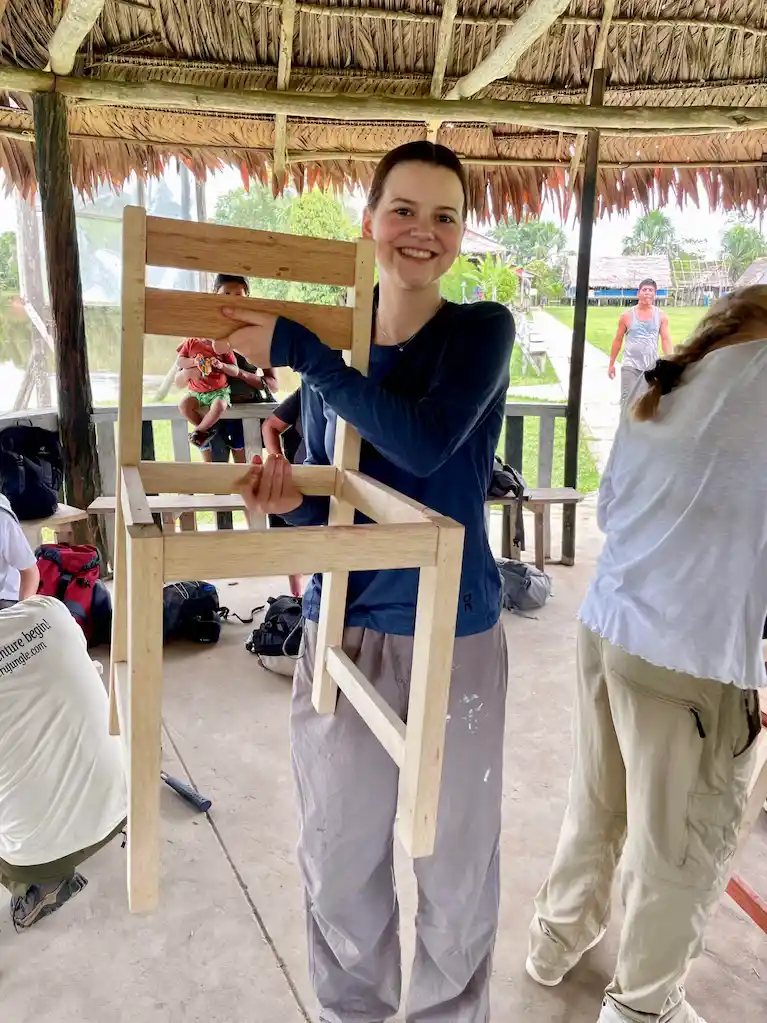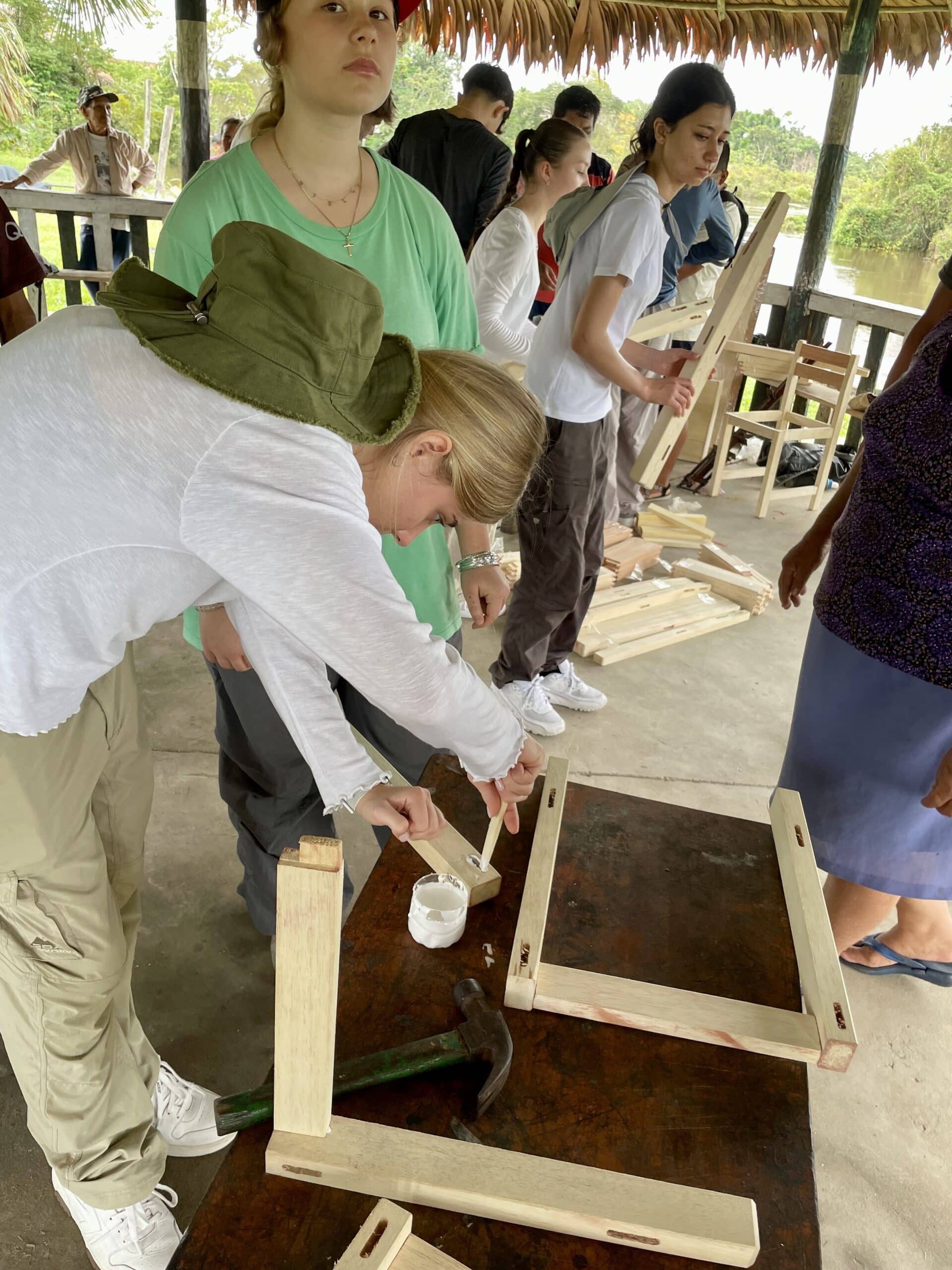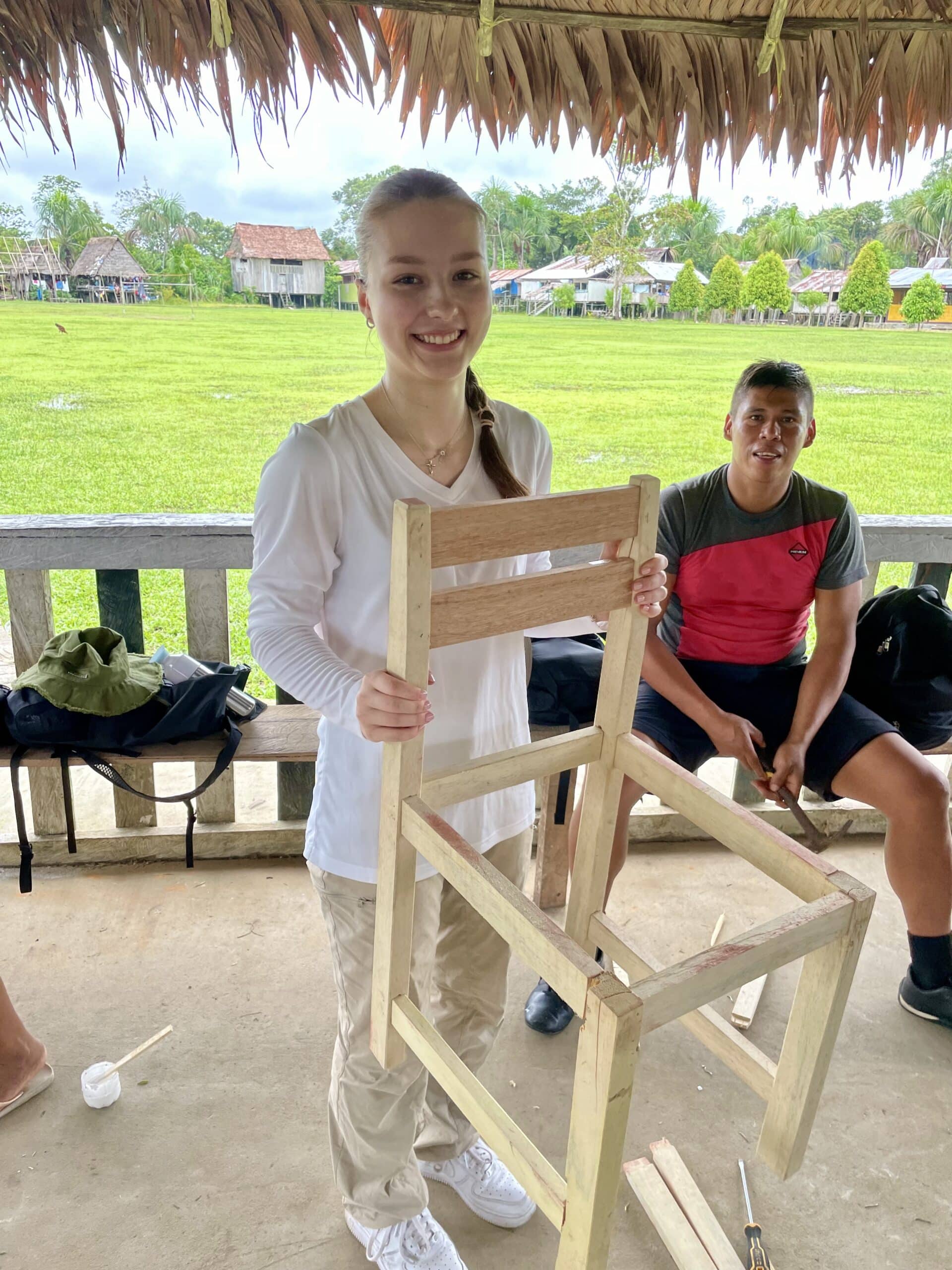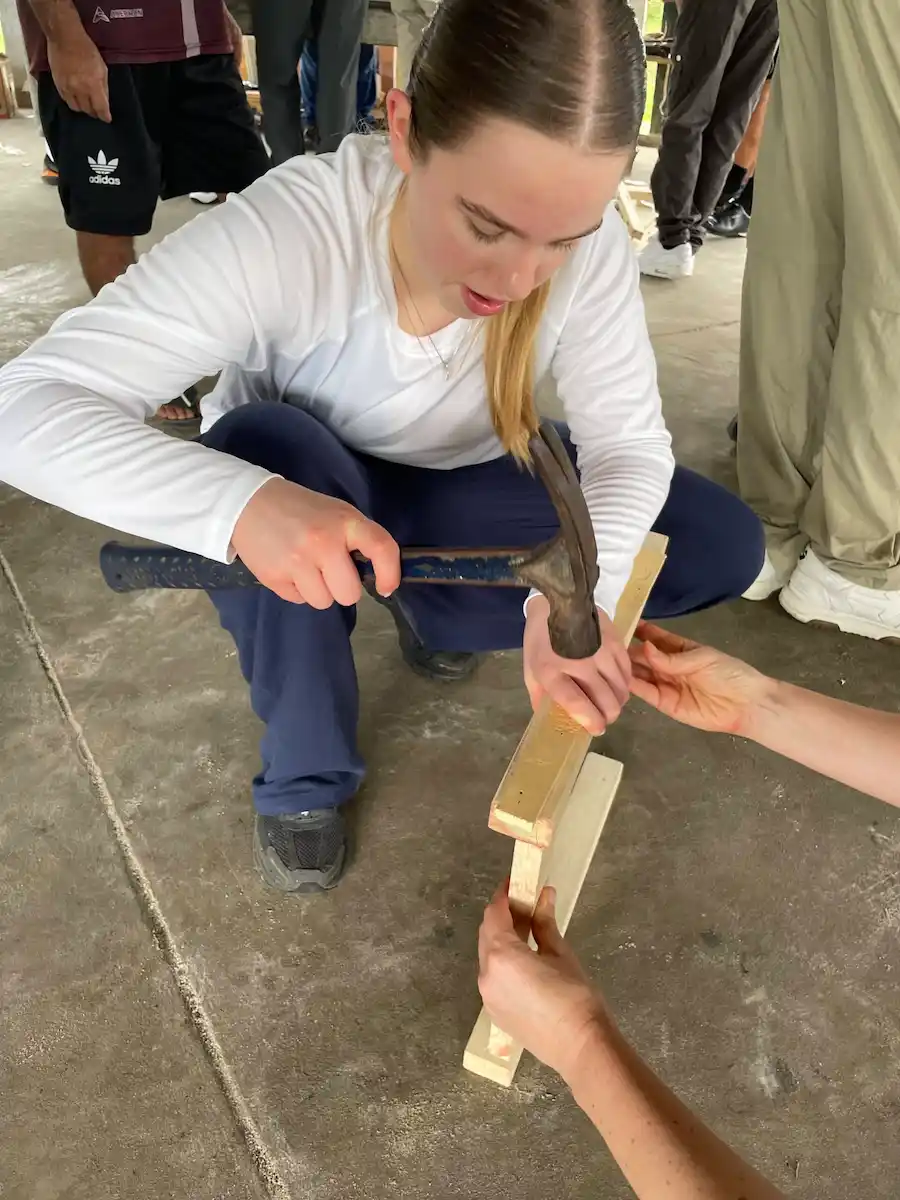
As I am writing this post, my tickets to a concert with today’s date on them, are collecting dust on the office shelf. This was the concert that my family and I were looking forward to, but thanks to COVID, like many other events, had been cancelled. While upsetting, cancelled concerts, football matches, or even holidays, for many of us, are disappointments that we can recover from and move on with our lives relatively quickly. But what about the workers in the entertainment, sport or travel industry? A year ago, a job that allows you to travel the world would have been a dream for many people. Is it still the case?
As educators and counselors, we encourage our pupils and students to think about which jobs will be needed and required in the future. COVID has undoubtedly affected the job market landscape for many years to come. Essential professions, such as doctors and medical staff, have been at the center of happenings and discussions this year; the importance of key worker jobs has only been highlighted. Non-key industries, such as live entertainment, travel, art, fashion, sport, and hospitality industries as well as many others have suffered greatly – empty stadiums, empty concert halls, quiet skies. Online services, on the other hand, such as streaming and social platforms as well as online shopping, have been more successful than ever. They kept us entertained, kept us connected, and took care of our basic (and sometimes frivolous) shopping needs during the quarantine times.
So, what do these developments mean for anyone choosing their career or study path in 2020 and the next few years? Apart from the computerization of most industries, which has already been present for years and only accelerated in 2020, flexibly to work online has become one of the new factors to consider. Could I do this job online? – is a question that many young people now add to their long list of considerations before committing to a study and career choice.
Dr. Alexandra Inglis, Gymnasium bilingual +








